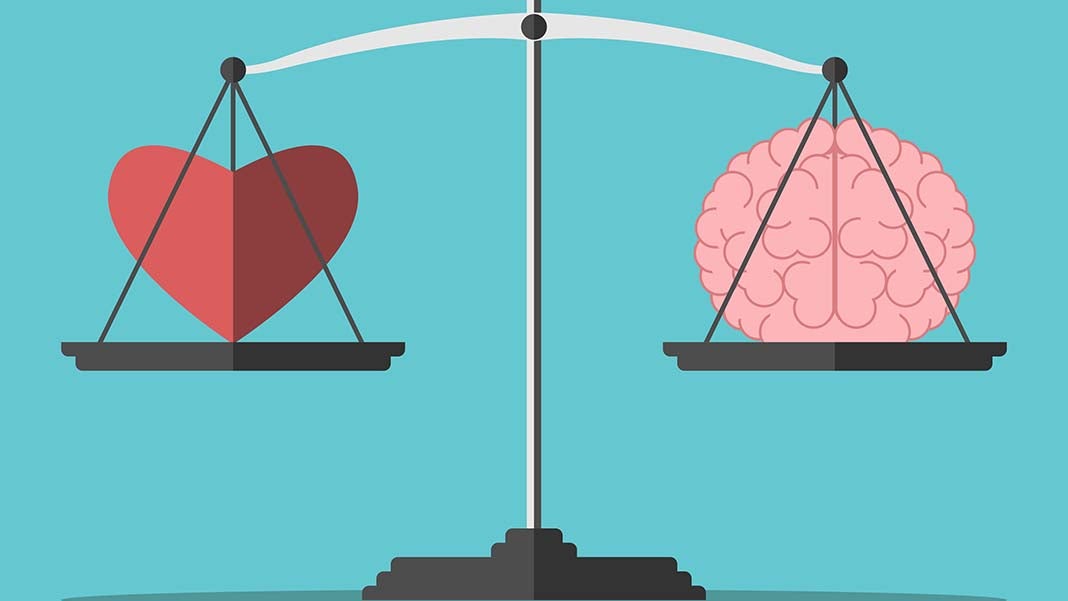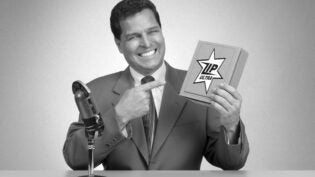
The average business person fights a customer culture shift, rather than looking for it. For them, change means new risk and extra costs, but it also means new opportunity for growth. In fact, some of the best, including Steve Jobs, actually drove culture change rather than waiting for it to happen. What are the lessons that the rest of us need to learn to see and survive these shifts?
First of all, it is my experience that culture shifts these days are more often driven by emotion, rather than logic. For example, as a logical guy, I never would have envisioned the shift to texting versus voice, or the emergence of selfies as a whole new wave of photography. As a result, I might easily have been among the last to capitalize on these trends as a business.
Thus I recommend that the rest of us need to step outside our comfort zone, and start practicing some specific strategies to recognize cultural shifts, and maybe even start a few trends of our own:
- Embrace online social interaction with customers. Believe it or not, nearly half of U.S. small businesses still don’t even have a website. Many of the remainder don’t review or respond to customer feedback online, and don’t connect with the popular social networking channels, including Facebook and Twitter. You can’t see change if you don’t look.
- Build a community of evangelists and listen. Social and cultural change is driven by people who are willing to speak out, pulling other people into a trend. Every business needs their own evangelists, as a powerful marketing force, and as an early warning for new opportunities. Court potential evangelists with special events and personal feedback.
- Become a visible and chief evangelist yourself. The days are gone when people accept a cartoon character or brand logo as a chief spokesman. As an entrepreneur, you are the brand, and with the pervasive Internet, you can’t hide behind a logo. People judge your company by the culture you portray, per Elon Musk, Jeff Bezos, and Marc Benioff.
- Be willing to stretch the imagination of your customers. Successful business people are always running experiments, and they failures as well as successes. Consider Uber’s recent foray into self-driving cars, and Amazon’s proposal of packages delivered via drones. Some initiatives cause change, and all give great feedback on the culture now.
- Market to customer emotions as well as absolute logic. Many traditional companies still focus their message wholly on the logic of cost savings, higher productivity, and return on investment. These are still important, but many of today’s customers are beyond Maslow’s survival needs. Don’t miss emerging needs to feel good and be entertained.
- Capitalize on consumer emotion from outside forces. Continually monitor and be prepared to capitalize on the emotion caused by changes in the economy, competitor missteps, and world events. Timing is very important. Businesses that have an internal culture of flexibility and rapid change are well positioned to match culture changes.
- Integrate data analytics to look for culture shifts. Culture changes may be based on emotion, but often can be detected by an analytics mindset and modern digital data tools. Marketing with an analytics mindset is an internal culture needed to adjust in real time via small changes and the customer culture changes, rather than rely on the big-bang theory.
- Build a highly engaged and accountable team. Teams with low accountability and low engagement don’t want change, and will ignore it if they see it. The best team members love to work with each other, and are deeply engaged with their customers. This requires hiring people with good business skills who are willing and eager to work collaboratively.
If all of these approaches seem intuitive, and are part of your internal company culture, they you are probably already driving change, rather than wondering what happened, and always trying to catch up. Otherwise, it’s time to stop fighting and start loving your customers. Your business and your legacy depends on it.












